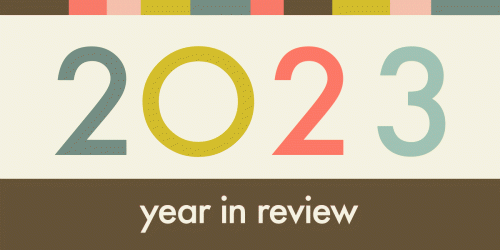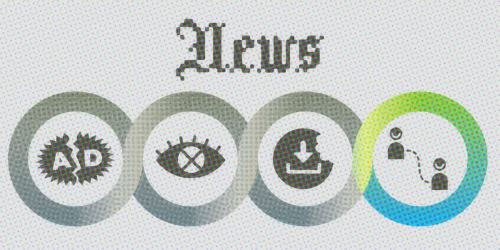The Federal Communications Commission’s vote tomorrow will be a step towards undermining the rules that protect Internet users from data discrimination by their ISPs. These net neutrality rules, though not perfect, have broad support from the public. But FCC Chairman Ajit Pai seems to be preparing to dismiss and ignore the wishes of ordinary Internet users by forcing us to use a broken and discredited online comment filing system.
It’s been a sad few weeks for the FCC’s IT department. Following Last Week Tonight host John Oliver’s segment on net neutrality, in which the comedian called on viewers to defend net neutrality protections by filing comments, the FCC’s comment system was disabled. The agency’s Chief Information Officer claimed that the system had been targeted in a distributed denial-of-service attack, bombarding it with traffic and making it difficult to file comments. But despite requests from the public and members of Congress, the FCC hasn’t given any details about the supposed attack or why it concluded that the system was attacked at all, rather than simply being overwhelmed by the number of comments it received.
Following that initial problem, the FCC’s site reportedly received more than 58,000 nearly identical comments containing names and addresses that appeared to be taken from a marketing database. These comments, which seemed to be fraudulent, supported Chairman Pai’s gutting of net neutrality. To date, the FCC hasn’t said what it’s doing to safeguard its comment system and make it ready to handle the thousands, even millions, of public comments it’s likely to receive after tomorrow’s formal vote.
What’s so important about maintaining ECFS and actually hearing the opinions expressed by ordinary Internet users there? Taking comments from the public is not merely a tradition - it’s a key safeguard for democracy. Independent agencies like the FCC have vast rule-making powers. In many areas, they have more practical power over our lives than Congress does, because Congress doesn’t have the capacity or expertise to create the detailed rules that govern telecommunications and other industries.
Unlike Congress, independent agencies aren’t elected by the people—they’re run by boards that are filled by presidents and congressional leaders. They can’t be voted out of office (except indirectly as their members are replaced by future presidents). Because they’re not held accountable through the political process, agencies are required by law to accept and consider public comments before making major changes to the rules. If the FCC responds to attacks on its public comment system not by defending the system, but by discounting and ignoring public opinion expressed through that system, then the agency is answerable to no one. (In theory, Congress could step in and pass new laws concerning net neutrality, but meaningful action by Congress is unlikely this year).
Digital democracy is not easy. The FCC can’t just count comments for and against net neutrality as though they were ballots in a ballot box. But neither can Chairman Pai ignore the opinions of Internet users in the U.S., the majority of whom want to keep being protected against data discrimination by ISPs like Comcast, AT&T, and Verizon. Letting those users be blocked, drowned out by bots, or ignored when they express their opinions on net neutrality is no way to begin.
You can submit comments to the FCC through EFF’s commenting tool at dearfcc.org. We will work to get your comments through and make your voice heard in Washington.








